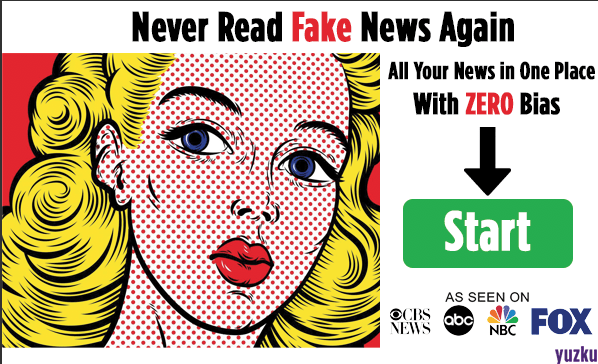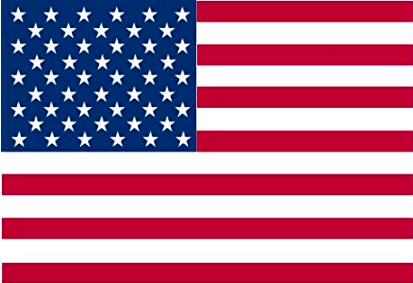Los Angeles Times Demand That “Lean on Me” Be The National Anthem
The Los Angeles Times published an article that’s calling for the “Star-Spangled Banner” to be removed as the national anthem of the United States. Writer Jody Rosen argues that it is better to replace the national anthem with “Lean on Me,” a 1972 hit by singer Bill Withers. The writer spends a great portion of the article to point out why the “Star-Spangled Banner” is problematic.
One of the main arguments that were pointed out as to why the song should not be replaced is because it’s a racist song. Not only that, but it also argues that the song is elitist and sexist as well. The argument that the song is sexist comes from the fact that there are some “problematic” verses in the poem from which the lyrics of the song are derived. The poem is entitled “Defence of Fort M’Henry,” and it was written by Francis Scott Key in 1814. He was inspired to write the poem after he witnessed the bombardment of an American fort by British warships in the Baltimore harbor.
While the poem was considered highly patriotic when it first came out, it is not considered to be problematic at best by those trying to read it and judge it on modern terms. Of particular concern to the leftists are the lines, “No refuge could save the hireling and slave/From the terror of flight, or the gloom of the grave.”
They also argue that the language of the song is old and too ornate. That it does not reflect modern language as it is being spoken. Another thing that they have against the national anthem is that it’s not easy to sing. They named some potential replacements and then gave the reasons why those would not work as well. For example, Imagine by John Lennon is too British. Also, the song was about the utopian ideals of a rich man. The writer need not mention it, but the biggest problem with Lennon is that he was white.
The writer then proposed “Lean on Me” by Bill Withers. The argument was that Withers was better than any white singer. The writer also claims that the song appealed across demographics. What the writer did not mention is that it appealed as a shallow feel-good song to most people. It will be a different thing if it becomes the national anthem. The United States would then be the laughing-stock of the world if a sappy pop song became the country’s anthem.



 RSS
RSS
